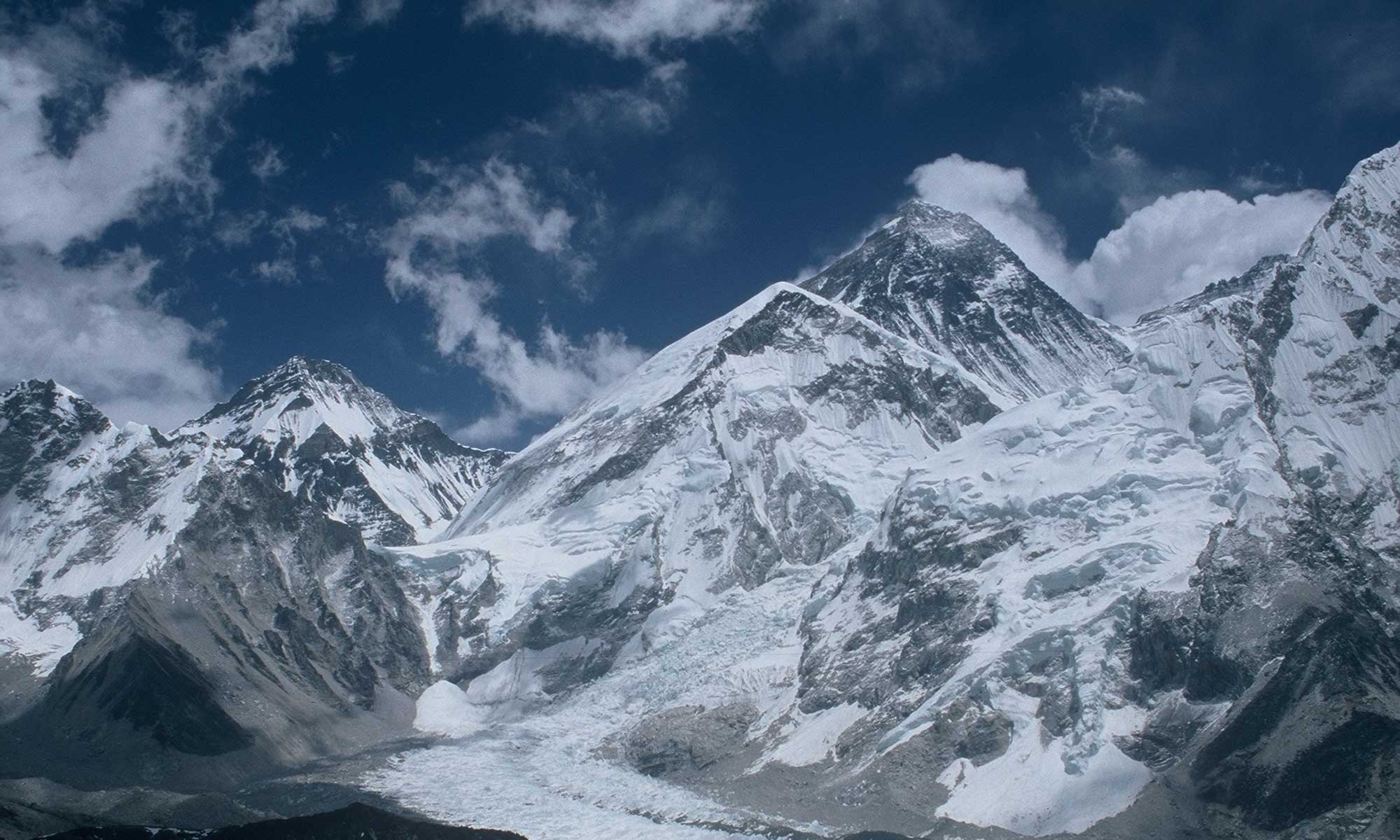Es sieht so aus, als ob wir nicht das finden konnten, wonach du gesucht hast. Möglicherweise hilft eine Suche.

mit Stefan Nestler

mit Stefan Nestler
Es sieht so aus, als ob wir nicht das finden konnten, wonach du gesucht hast. Möglicherweise hilft eine Suche.